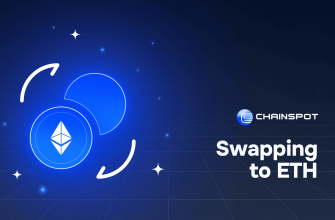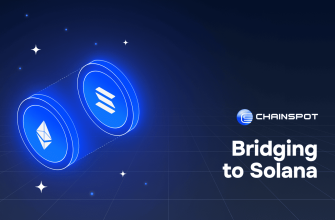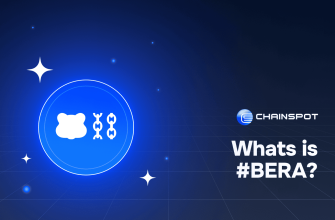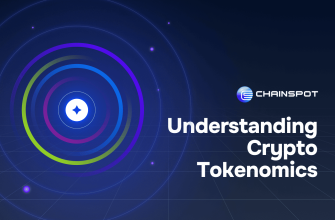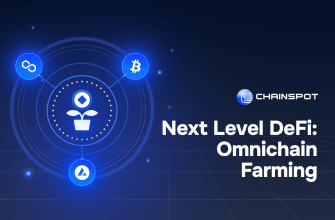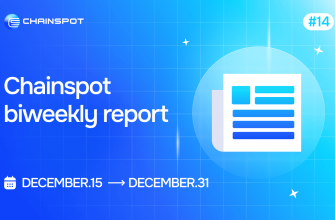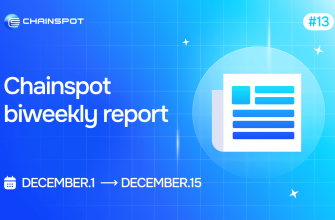Speculations are circulating within the decentralized lending platform Aave regarding the potential activation of a “fee switch” aimed at distributing fees to token holders, according to Marc Zeller, the founder of Aave Chan Initiative.
The Aave treasury "Cash" (Eth & Stables) is now at 50m$. (2.5 years of operational costs)
Net DAO profits are currently at $50m/year and growing.
Temp check to activate "fee switch" next week.
You can track the treasury balances with @zapper_fi 👇https://t.co/HNRTcA5jCf
— Marc “Chainsaw” Zeller 👻 🦇🔊 (@lemiscate) April 6, 2024
Zeller hinted at a forthcoming “temp check” to activate the fee switch, noting that Aave DAO, the community-driven organization behind the platform, generates approximately $60 million in annual net profits.
Aave, primarily built on Ethereum, facilitates crypto lending, allowing borrowers to use one cryptocurrency as collateral to secure loans in another. Governance of the platform lies with AAVE token holders, who form the Aave DAO.
Zeller previously suggested implementing fees for Aave stakers, indicating a shift in the safety module to distribute fees to stakers.
For now, GHO stakers get fees via Merit (next week).
A new version of the safety module will propose to the governance to distribute fees to stakers.
— Marc “Chainsaw” Zeller 👻 🦇🔊 (@lemiscate) March 16, 2024
In decentralized finance (DeFi) platforms like Aave, a fee switch enables the activation or deactivation of specific fees or charges, potentially distributing collected fees to token holders.
The fee switch provides governance control to adjust fee-related policies based on platform needs. Aave DAO recently approved changes to staking fees for its stablecoin GHO to maintain its peg. Following suit, if the DAO activates fees, it will follow in the footsteps of Frax Finance, which recently reintroduced its fee switch.
Conversely, discussions within AaveDAO on April 5 addressed Dai (DAI) collateral restrictions. Risk management advisers proposed a 12% reduction in Dai loan-to-value ratios (LTV), differing from Zeller’s proposed 75% reduction.
Earlier, Aave proposed setting DAI’s loan-to-value ratio to 0% across all deployments, also suggesting the removal of sDAI incentives from the Merit program. This move counters MakerDAO’s aggressive D3M plan, aiming to increase the DAI credit line to around 600 million DAI monthly.
Meanwhile, decentralized exchange Uniswap is finalizing its own fee switch proposal, slated for mid-April after a successful temperature check.






